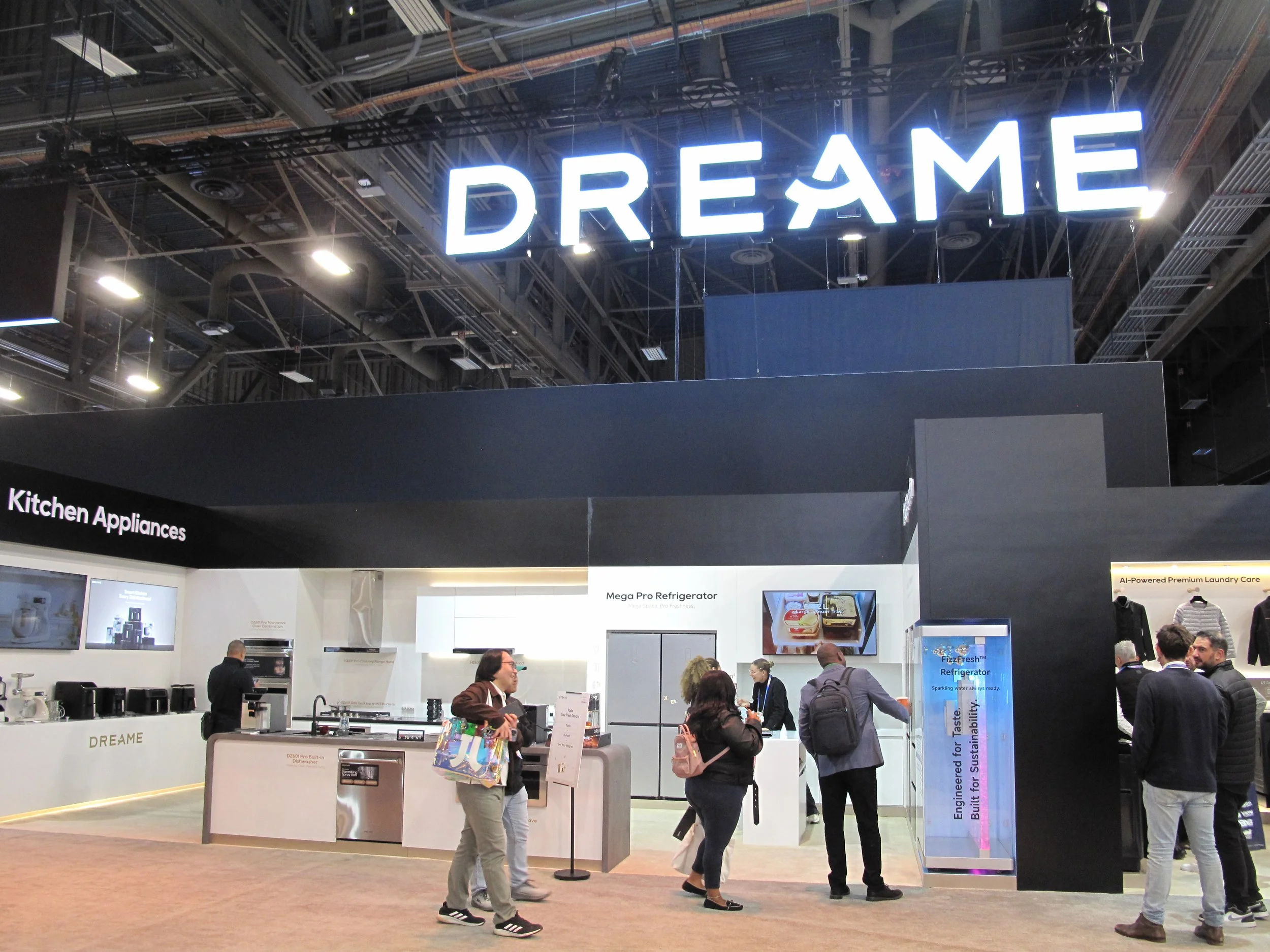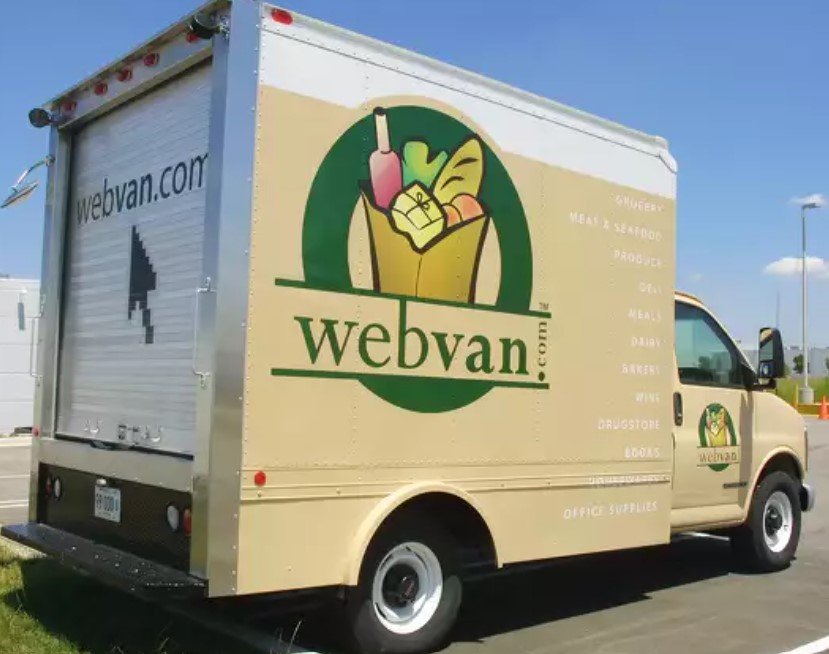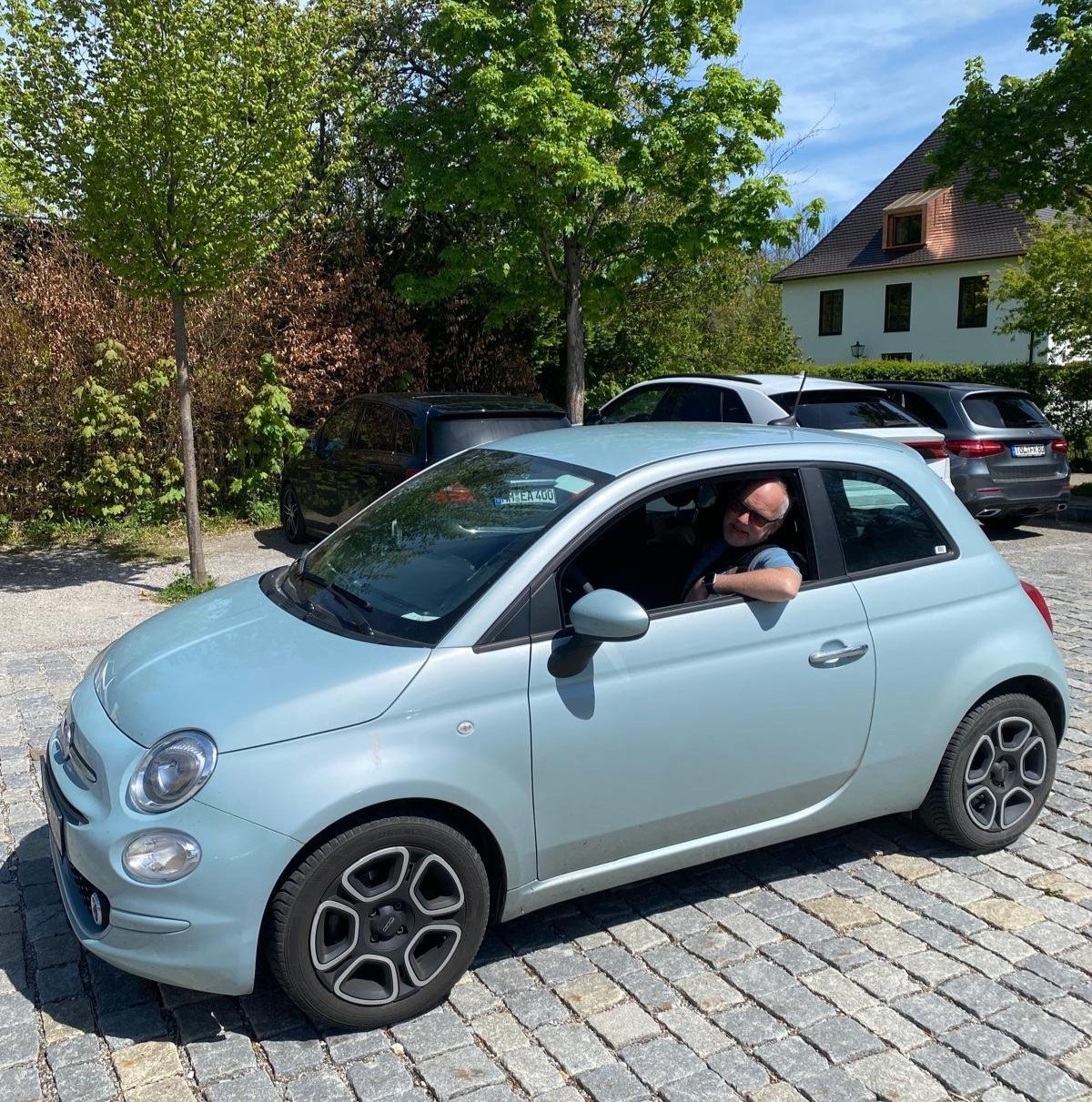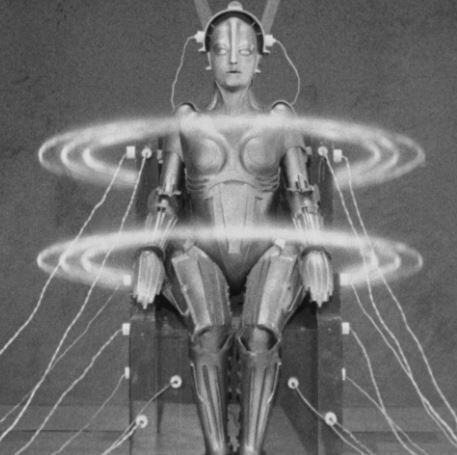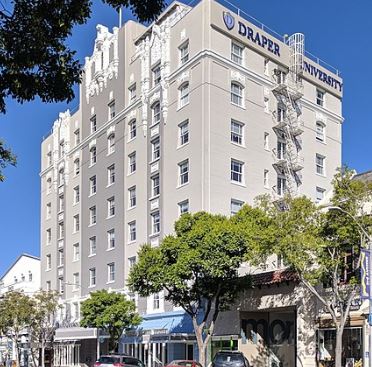Scooter Madness

During a recent class reunion, I was eager to connect with a classmate who has a penchant for sizing up companies and foretelling pending disasters. I wanted to hear what he thought about the emergence of the unicorn electric scooter companies, including Bird, the fastest company ever to reach a valuation of $1B (it was founded in Sep 2017). I was stunned to hear him sing the praises of this opportunity: “these scooters could take 25% of Uber’s business!”.
If you do a Google search on “scooter economics” you can quickly get to the heart of the matter. The consensus is that a given scooter earns back its initial investment after about 25-60 days of operation. The range here depends on assumptions on overall utilization and operating costs for daily recharging and any needed maintenance.
Optimists see big unit profits - they assume a relatively long unit lifetime and low operating costs as “squads” of local residents are enticed to retrieve scooters in their neighborhoods and recharge them at home.

Count me among the pessimists which question how long a $400 asset can be deployed unsupervised in an urban area before it goes missing. Also, recharging and maintenance costs may be underestimated. Finally, the startups don’t seem to take non-market factors into account, including increasing regulation to prevent the side-walk littering problem and what I might call the “Google Glass” syndrome –jerks can't seem to stay away from them .
The final nail in the coffin here is the lack of IP (Intellectual Property). The scooters themselves are sourced and contract manufactured in China – the only barrier to entry here is scale: the company that supplies the most scooters in a given geographic area wins.
So why are Silicon Valley’s smartest VCs investing in Bird and Lime? The most likely explanation is FOMO (Fear Of Missing Out). The last mile is a $2B+ market opportunity, and no VC wants to have to get in front of their Limited Partners to explain how they missed it. There also exists the opportunity for an early exit as multiple large & well-funded incumbents ranging from Ford to Uber look to fend off their emerging "last mile" competition.
It should be no surprise that the business and operational models for these startups are still experimental – that’s true for most early stage startups without extensive operational experience. Very few, however, are already worth $2B at this stage.
Previously Seen on Our Blog:
